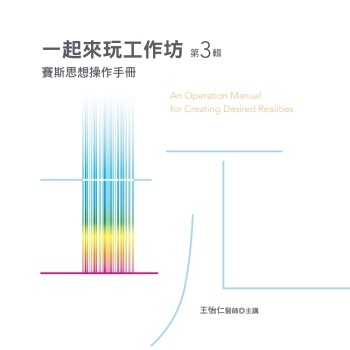A popular, if erroneous, conception of Buddhism has been that of self-negation or even nihilism, that is to say a religion that is negative in its basic attitude. In this classic work, Professor Tachibana instead argues that Buddhism is an essentially positive creed that provides an ethical philosophy that remains relevant irrespective of time and place. This is the 'Middle Way', with eight qualities or virtues - understanding, thought, speech, action, livelihood, effort, mindfulness and concentration - that form the core of the Buddhist philosophy of life. It is these great moral attributes that Professor Tachibana expounds as being the essence of Buddhism and providing a way of life based on tolerance and benevolence.












